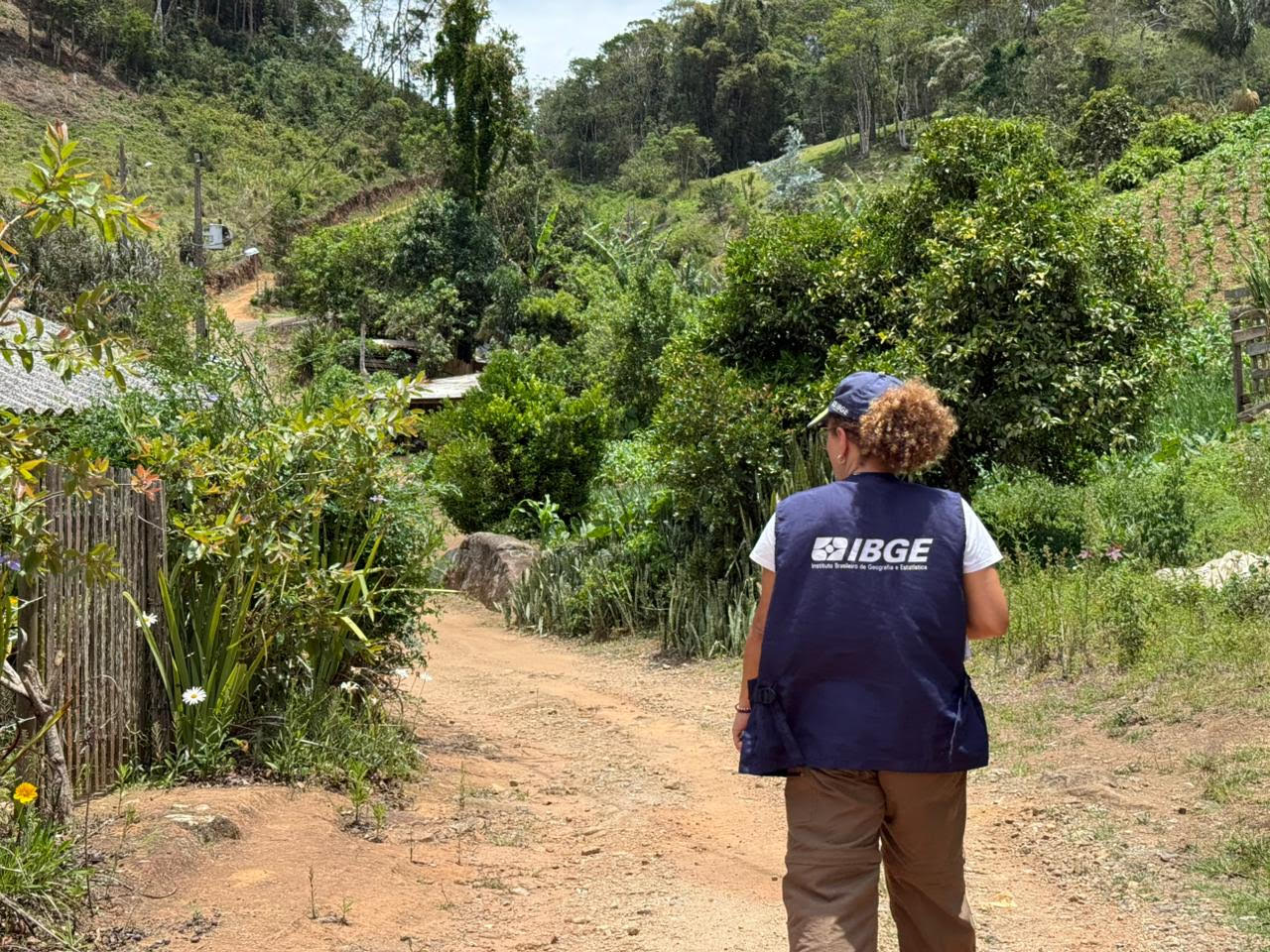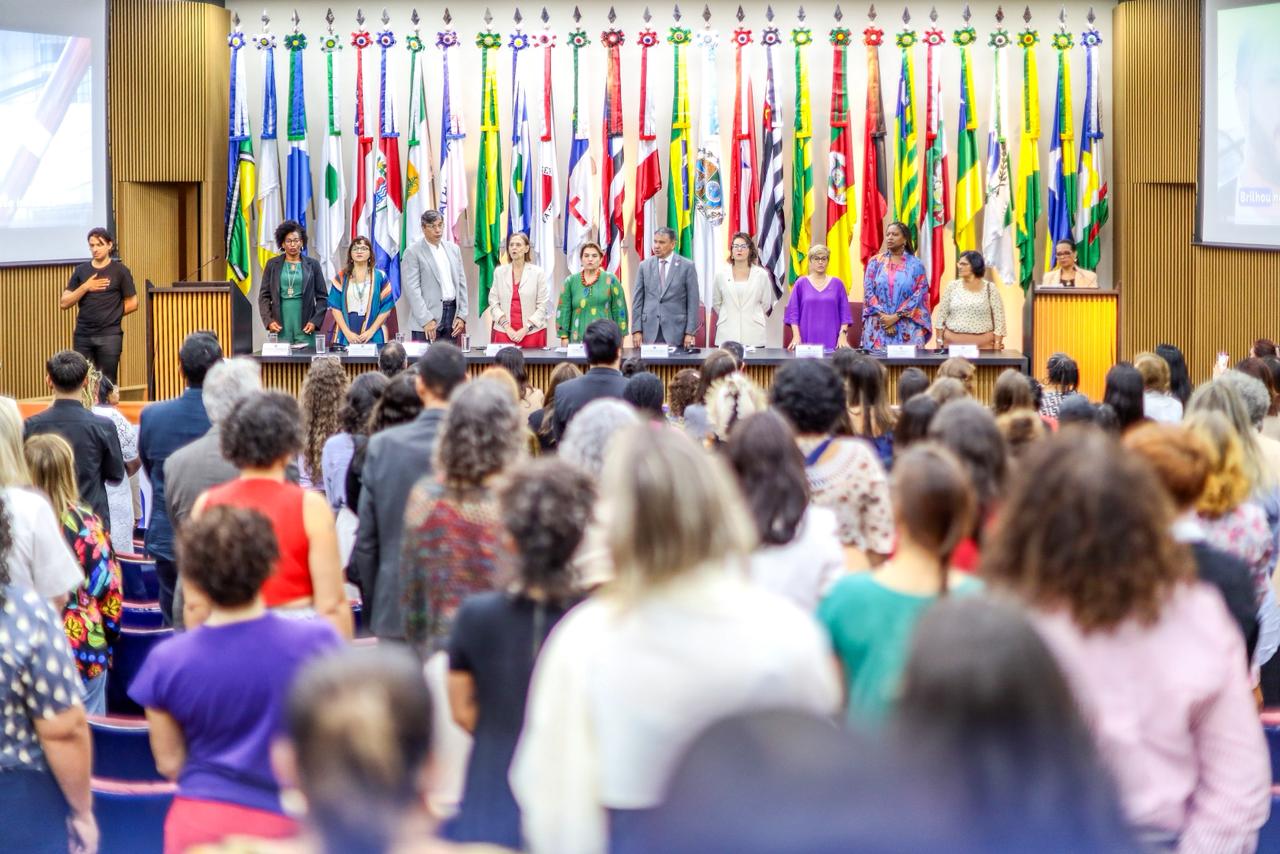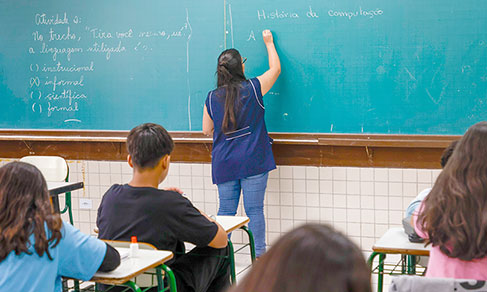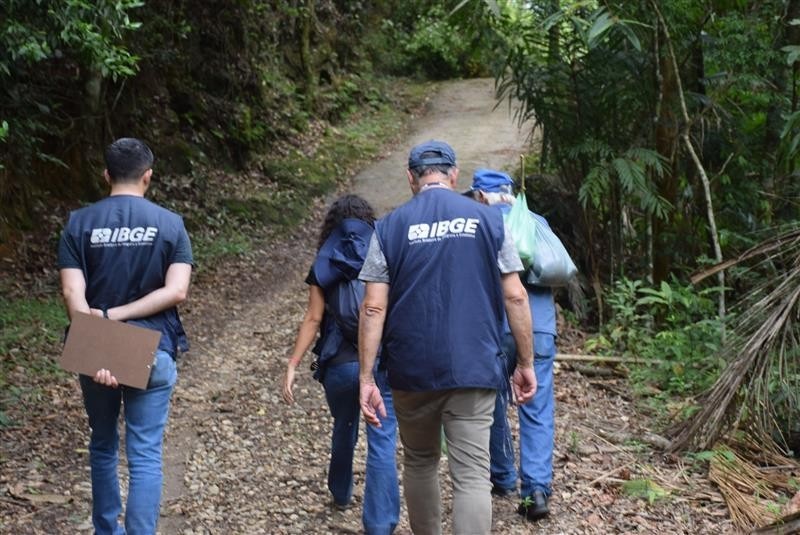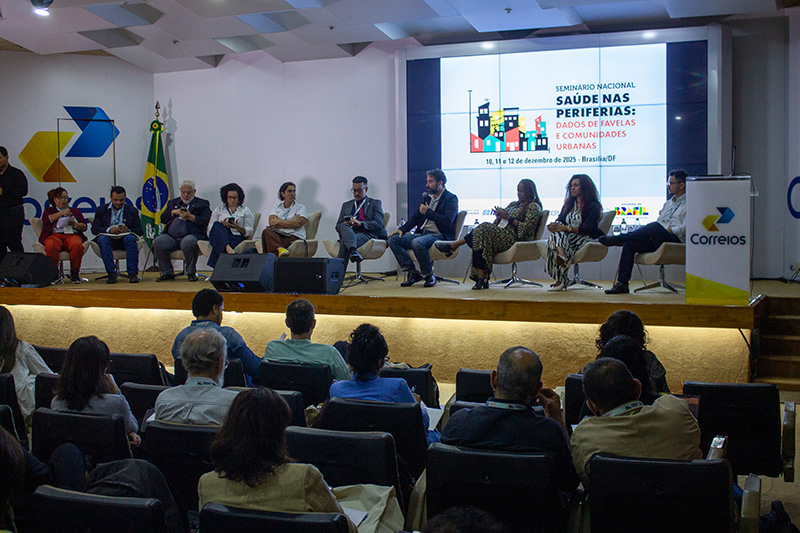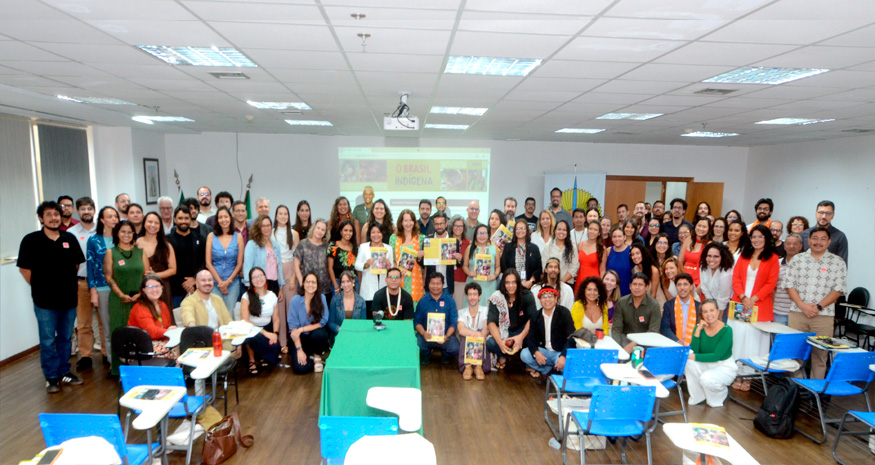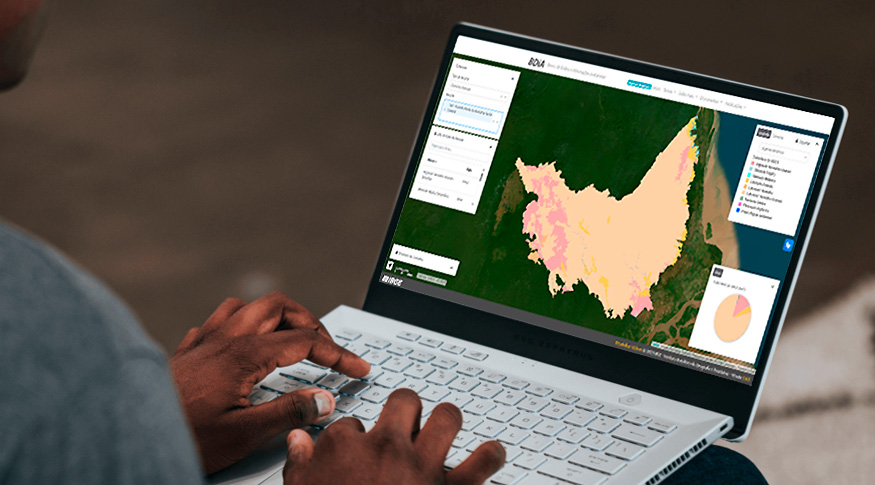ENCE
ENCE releases public notice on doctoral scholarships
October 07, 2024 01h28 PM | Last Updated: October 09, 2024 11h13 PM

The graduate program in Population, Territory and Public Statistics, of the National School of Statistical Sciences (ENCE), has issued a public notice offering scholarships for at least ten PhD students. The call is related to the project “Dialogues about the Brazilian reality”, in the realm of a partnership between the United Nations Development Programme and the IBGE: “Brazil in the third decade of the 21st century: the dissemination of results of the 13th population Census of Brazil”. To register, one must send an e-mail to secretaria.cpgence@ibge.gov.bruntil October 22. Further information is available on the ENCE graduate program website.
The project “Dialogues about the Brazilian reality” aims at the development of research and the dissemination of ENCE’s academic production and the activities carried out by the IBGE in terms of the social, demographic and economic reality of the country, and of innovative topics within the National System of Geosciences, Statistics and Data (SINGED).
Applicants must have a doctoral degree, preferably, granted in the last 5 years, starting from the implementation of the scholarship, and experience of research in the areas of interest of the program. The submission of research projects can be wither supported or not, by means of a scholarship. The number of grants will be announced in calls scheduled for 2024 and subsequent years. The period for execution of the research projects will be from six to twelve months, renewed for up to 12 months, at the discretion of the researcher and of ENCE.
Priorities in this call are the following thematic areas: use of big data and data science in the production of statistics; new methodologies and census survey technologies; integration methodologies for population censuses, public records, civil registry and other sources of data; artificial intelligence applications in the production of statistics and in geoscientific products; generative artificial intelligence in the dissemination of data, statistics and geoscientific products; future scenarios and population projections; labor force and employment projections; climate changes, territory and population dynamics; basic characteristics of population and household dynamics; diagnoses on population, biomes and sustainability; Brazilian education panorama; labor market, income and poverty; and gender, ethnic racial and social and spatial inequality.






